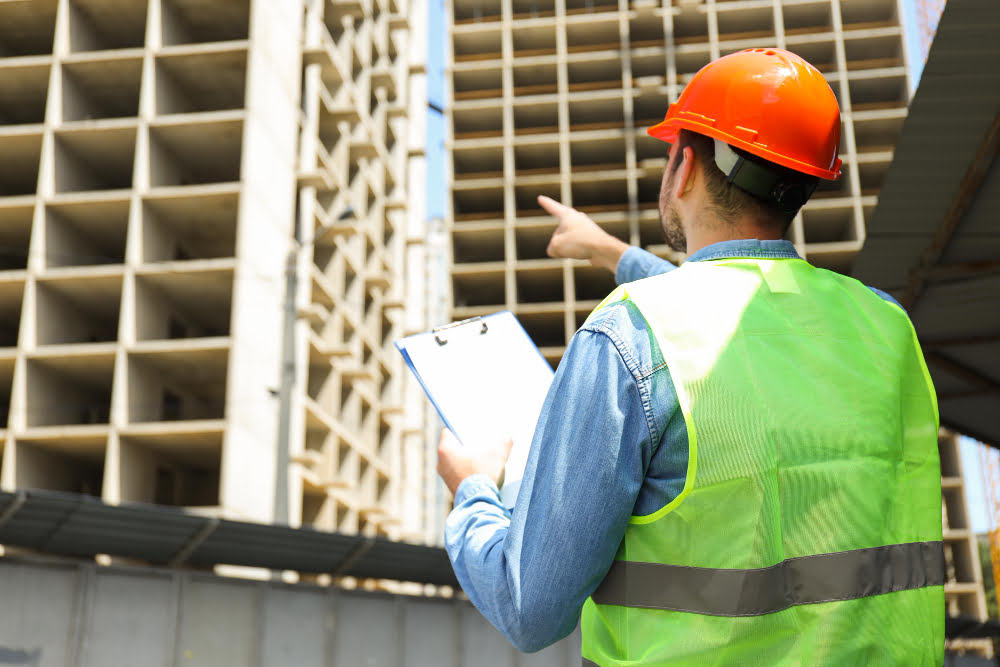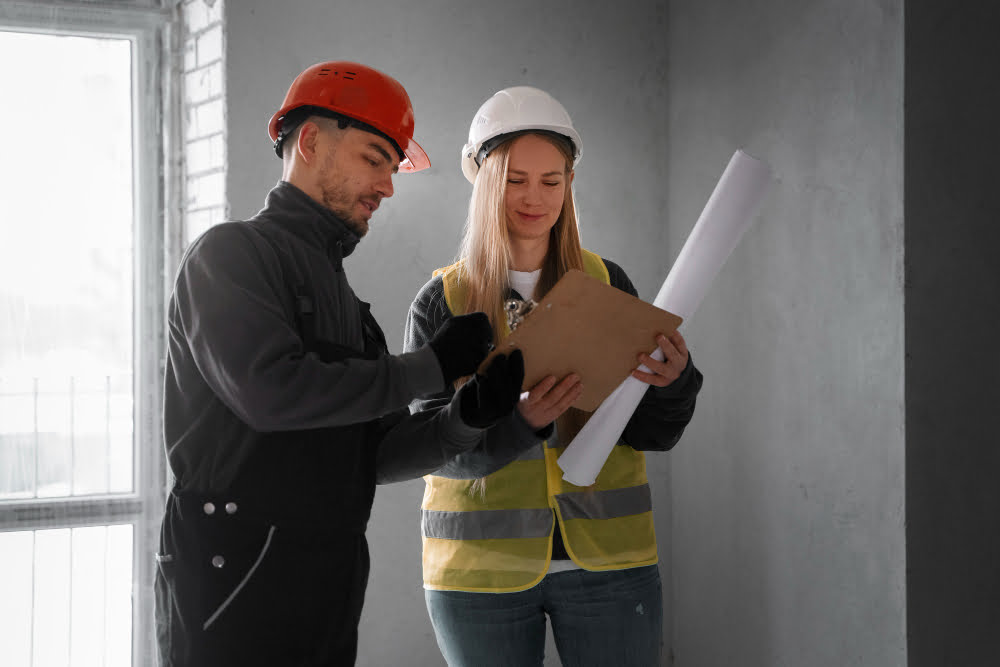Last updated on
Planning a renovation or new construction project can be an exciting endeavor. You have the blueprints, the contractors are on standby, and the vision of the final building is crystal clear in your mind.
However, before the first wall is demolished or the foundational concrete is poured, there’s a critical element that must be addressed: building permits. Understanding this administrative labyrinth is crucial to the success of your project. Here are six important facts about permits that every builder or renovator should know.
Understanding the Purpose of Permits

At the heart of the permit process is one main goal: ensuring that buildings are constructed and renovated to safety and zoning standards. Permits protect you as a property owner, ensuring that your project is safely carried out and meets the guidelines of the community’s master plan. They protect the community by ensuring new buildings are suitable for their intended use, are environmentally friendly, and fit within the character of the neighborhood.
Obtaining a permit means that your project will be reviewed by professionals who will make sure that it meets the standards of the local building code. It’s not about making your project more difficult; it’s about making sure that your structure is safe and legal.
Different Types of Permits
Not all permits are created equal. Depending on the scope of your project, you’ll need different types of permits. Common permits include:
- Building Permits: Building permits are required for any renovations, new construction, or changes in occupancy or use of a property. These permits ensure that the proposed changes meet safety and building code regulations, protecting both the occupants and the surrounding community.
- Electrical Permits: Electrical permits are necessary whenever you’re planning to do any electrical work on your property. This includes wiring installations, adding or modifying outlets, or making changes to electrical systems. Obtaining electrical permits ensures that the work is done by a qualified professional and meets the required safety standards.
- Plumbing Permits: Plumbing permits are essential for any plumbing changes or additions to a property. Whether it’s installing a new bathroom, relocating a sink, or making modifications to the existing plumbing system, obtaining plumbing permits ensures that the work is done correctly and complies with plumbing codes and regulations.
- Mechanical Permits: Mechanical permits are your go-to permits for any mechanical systems in your property. This includes HVAC (Heating, Ventilation, and Air Conditioning) systems, fireplaces, or any other mechanical equipment. These permits ensure that the installation or modifications of mechanical systems are done safely and in accordance with applicable regulations.
- Zoning Permits: Zoning permits are required to ensure that your project complies with local zoning laws and regulations. These permits assess whether the proposed project is in line with the allowed land use, building height, setbacks, and other zoning requirements. Obtaining zoning permits helps ensure that your project aligns with the community’s development plan and maintains the overall aesthetics and functionality of the area.
For a comprehensive rundown of the types of permits you need, consult local building authorities or professionals in the industry.
Obtaining Permits

Each municipality has its own unique process, but here are the basic steps to take for obtaining permits:
Researching Requirements
- Contact the local building department to understand what’s required.
- Determine what documents you’ll need to submit.
- Get a sense of the fees associated with the various permits.
Documenting Your Project
- Develop detailed plans and drawings of your project.
- Ensure all documentation is up-to-date and reflects the scope of work accurately.
Application and Review
- Fill out the permit application completely and accurately.
- Submit your application along with required documents and fees.
- Your application will be reviewed, usually within a few weeks.
Inspections
- Once the permit is approved, you’ll need to schedule inspections at various stages of your project.
- Inspectors will check to ensure construction complies with the approved plans and local codes.
The Role of an Expeditor
In some cases, particularly with larger or more complex projects, you might consider hiring a permit expediter. As these expeditors in Dallas explain, these professionals are familiar with the local permitting processes and can offer invaluable insights to help navigate the system faster and more efficiently. Furthermore, they can help overcome obstacles that may arise throughout the process, saving you time and avoiding costly delays.
Consequences of Operating Without Permits
Operating without the required permits is risky. The consequences can be severe and may include:
- Fines and penalties, sometimes resulting in a stop-work order
- Orders to remove work that was done without a permit
- Delays in completing the project as you work to correct permit violations
It’s simply not worth it. Always ensure you have all the necessary permissions before beginning any construction or renovation work.
Common Permit Mistakes to Avoid
Navigating the permit process can be fraught with pitfalls. Here are some common mistakes to avoid:
- Not Understanding Local Regulations: Zoning laws and permit requirements can vary from neighborhood to neighborhood.
- Failing to budget for Permits: Permit fees can add up, and the costs might not be insignificant.
- Misunderstanding the Process: Failing to follow the proper procedures can delay your project.
- Inaccurate Documents: Any inconsistency or inaccuracy in your submitted plans and applications can result in a more thorough review and possibly a delay in approval.
The key to avoiding these mistakes is doing your homework. Research local regulations, budget for permits, and make sure your application is pristine.
Benefits of Obtaining Permits
Although obtaining permits can seem like an arduous task, the benefits far outweigh the administrative headache:
- Safety: Permitting processes exist to ensure that buildings are safe. By obtaining a permit, you contribute to the safety of the occupant.
- Compliance: Permits help ensure that your building project is in compliance with local building codes and zoning laws.
- Property Value: A legal and safe property can significantly bolster the value of your investment.
- Peace of Mind: There’s comfort in knowing that your property and new construction is fully compliant with local laws and regulations.
Building and renovation projects are significant investments of both time and resources. Permits are an essential part of the process—ensuring your project’s safety and compliance.
As you embark on your next construction journey, arm yourself with knowledge about the permitting process and engage with professionals who can guide you through. Remember, a little effort in understanding and acquiring permits can save a mountain of stress and potential legal issues down the line.
Recap:



